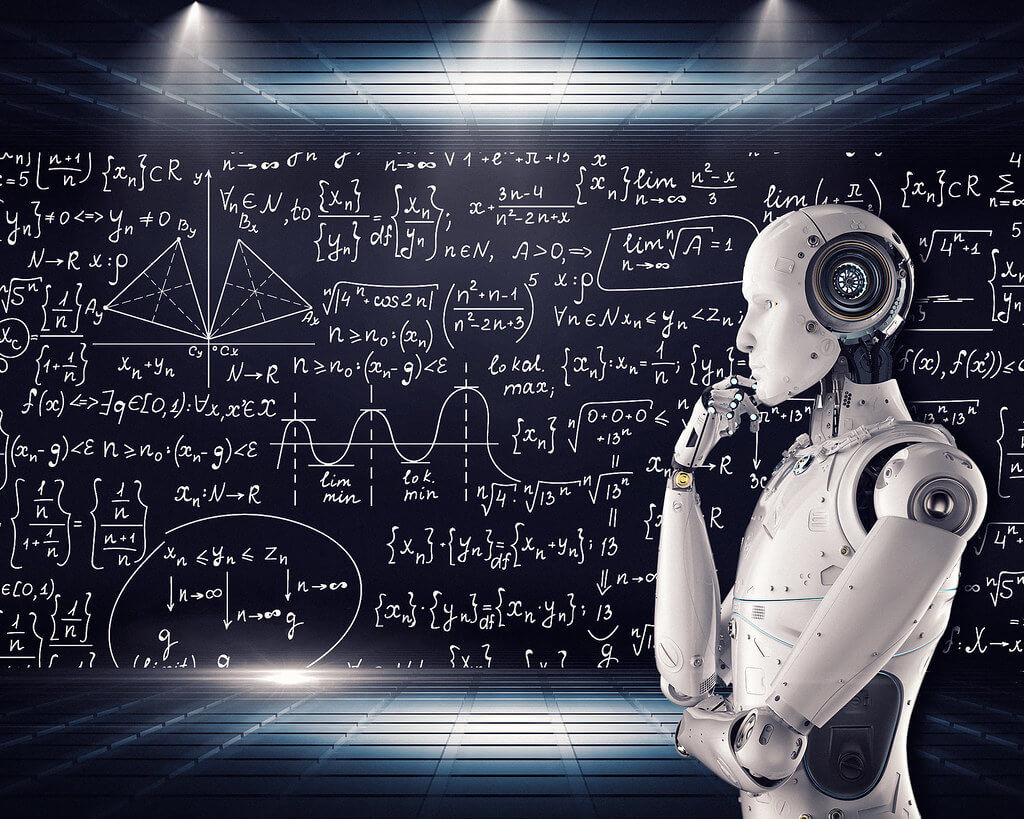News Archive

The Gesellschaft für Informatik has selected ten influential thinkers from the German history of artificial intelligence (AI). In the “Science Year 2019 – Artificial Intelligence” proclaimed by the German Federal Ministry of Education and Research (BMBF), the jury selected ten outstanding scientists who have a significant influence on AI in Germany. Five of them have also done research on the Saarland Informatics Campus (SIC).

“Chappie” is the third movie in the film series “Artificial Intelligence in Cinema” and will be shown on 28 May at 18:30 in the Filmhaus Saarbrücken. The action film from 2015 deals with an autonomous police robot that is kidnapped by street gangsters and receives human consciousness. This leads to a dramatic chain of circumstances. Cosmina Croitoru, a researcher at the Max Planck Institute for Computer Science in Saarbrücken, will then comment on the science fiction movie [...]

On the occasion of the 50th anniversary of the Department of Computer Science at Saarland University, Prime Minister Tobias Hans expressed his congratulations. During the ceremony in the evening Hans said: “The roots of today’s performance and importance of the computer science department began to grow five decades ago. They are the result of fruitful teamwork within the university as well as excellent cooperation with non-university research institutions and the IT industry, but also of [...]

Günter Hotz, retired computer science professor of Saarland University, has been appointed honorary senator of Saarland University at the symposium marking the 50th anniversary of the Department of Computer Science. Hotz, born 1931 in Rommelshausen, is considered a pioneer of German computer science. Among other things, he wrote standard works in the fields of formal languages, circuit theory and complexity theory. In 1969 he was appointed the first full professor of computer science at Saarland [...]

The Bachelor and Master program “Data Science and Artificial Intelligence” always begins in the winter semester at Saarland [...]
5556575859 ...
74»
